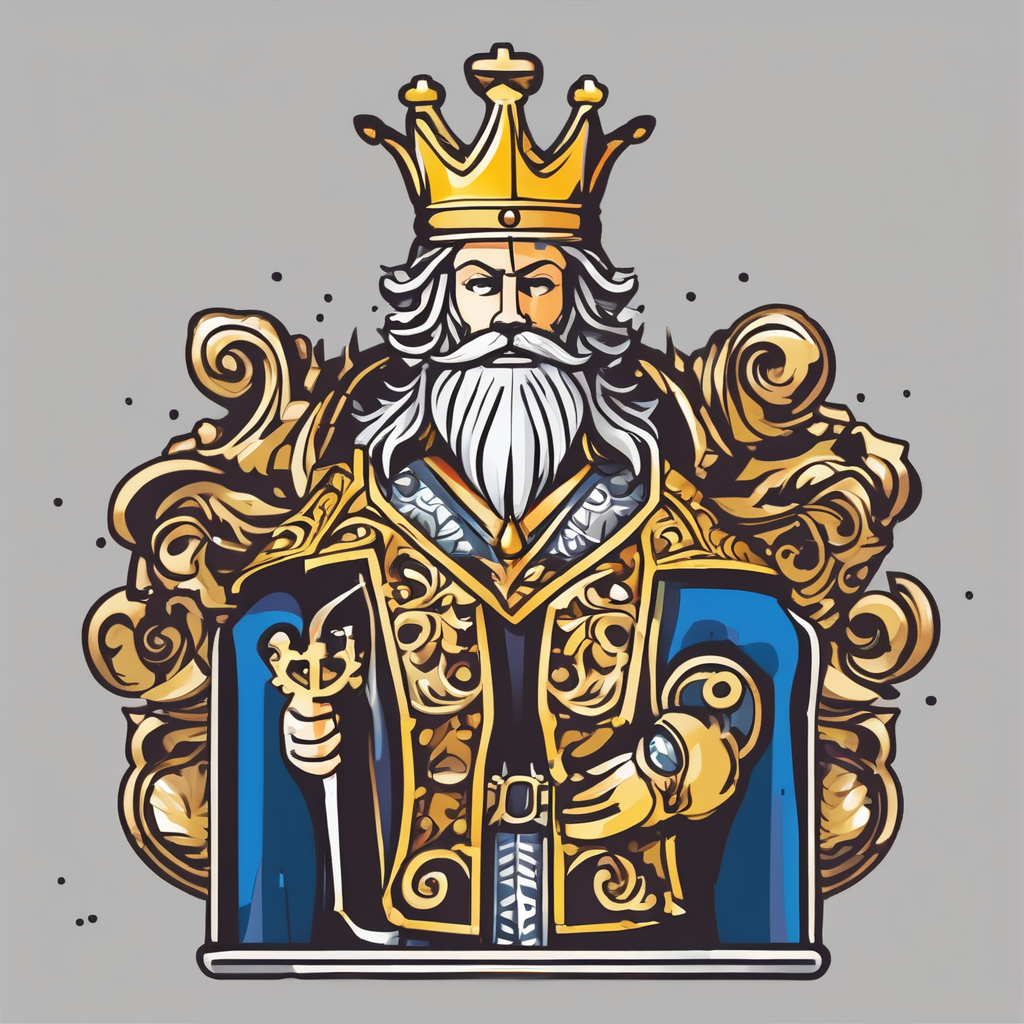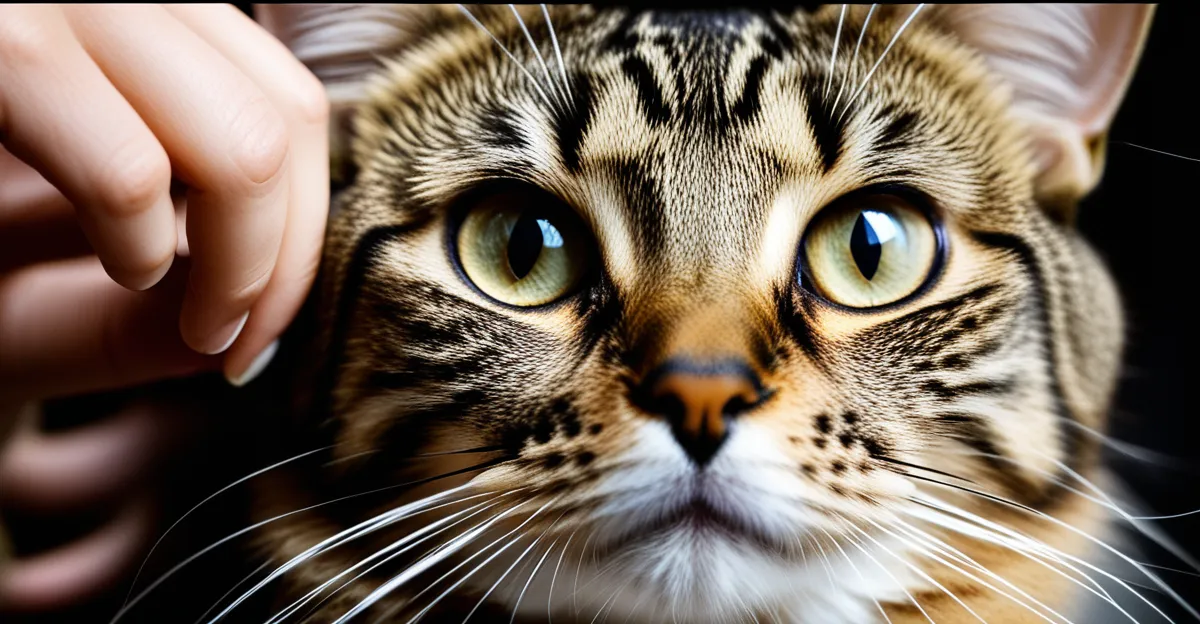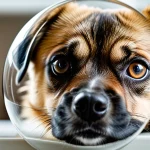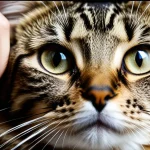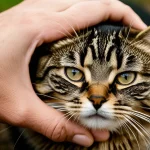Health and Wellness Trends for Pets
In recent years, there has been a significant shift towards health-conscious pet ownership, with more pet owners in the UK investing in the well-being of their furry companions. This includes a growing interest in wellness products for pets such as organic foods, supplements, and holistic pet care services that cater to diverse health needs. For instance, many owners are opting for grain-free diets or products rich in essential nutrients to support pets with specific dietary requirements.
The rise in pet health trends is influencing purchasing decisions, as consumers become more informed about the benefits of these wellness initiatives. This has led to an uptick in the availability of premium pet food brands, as well as veterinary services that offer preventative health treatments. The focus on holistic care is visible through an increased demand for services like pet acupuncture and physiotherapy, emphasizing emotional and physical wellness.
In parallel : How Can the UK’s Pet Culture Revolutionize Community Engagement?
Influenced by human health trends, the industry is rapidly adapting, with an emphasis on transparency concerning product ingredients and sourcing. Pet owners are actively seeking out brands that prioritize natural and sustainably-sourced ingredients, aligning with broader movements towards health and sustainability. As such, the pet industry in the UK continues to evolve, reflecting a deeper commitment to the holistic health and wellness of pets.
Unique Pets on the Rise
In the realm of pet ownership, the UK is witnessing an intriguing surge in the popularity of exotic pets. Once considered rare, these unique creatures are increasingly finding their way into British homes, reflecting broader shifts in pet ownership preferences. Among these rare pet choices, the fennec fox and hedgehog stand out as wildly fascinating additions. With their enchanting attributes and distinctive care needs, these animals offer a novel challenge and joy to their owners.
Also read : What Novel Pet Innovations Are Emerging in the UK Market?
Owning such exotic pets, however, comes with a set of legal considerations and responsibilities. In the UK, potential pet owners must navigate a complex landscape of regulations designed to ensure both the welfare of the animals and the safety of the public. This includes understanding necessary permits, habitat requirements, and dietary needs specific to unusual pet ownership.
Personal stories from those who have embraced these unique creatures shed light on this growing trend. For instance, owners of fennec foxes often share tales of the intense bond and the demanding care routine required, while hedgehog enthusiasts talk about the joy of watching their pets’ nocturnal antics. These narratives illustrate not only the attractions but also the challenges associated with choosing such distinctive companions. Embracing these unusual pets is undeniably gaining traction, driven by a desire for individuality and a deeper connection to the animal kingdom.
Overview of Emerging Pet Trends in the UK
Recent years have marked a dynamic shift in the UK pet industry, with burgeoning pet trends capturing the fascination of enthusiasts across the nation. While traditional choices like cats and dogs still dominate, an intriguing surge in unusual pets has seen British households welcome more exotic companions.
Statistically, there’s a notable increase in the ownership of exotic species such as reptiles, amphibians, and pocket pets. This shift reflects a greater desire for unique pets that provide novel experiences. The numbers corroborate this, with studies indicating a steady rise in registrations of rarer animals at local veterinary practices. Meanwhile, social media and influencers play a significant role in amplifying these trends. Platforms like Instagram and TikTok teem with vibrant communities that celebrate eccentric pets, fuelling curiosity and engagement among potential pet parents. Awestruck followers often aspire to emulate the distinct lifestyle portrayed by these digital narratives, further embedding the trend.
Ultimately, this evolving landscape highlights a curious blend of preferences influenced by cultural change and digital connectivity. As the trend grows, it’s worth noting the careful considerations potential owners must navigate when choosing unusual pets, ensuring informed and responsible pet care in line with modern sensibilities.
Sustainable Practices in Pet Care
In today’s eco-conscious world, the pet industry in the UK is embracing sustainable practices to cater to a growing demand for environmentally friendly solutions. Pet owners are increasingly attracted to eco-friendly pet care options that reflect their personal values, as they strive to reduce their environmental impact.
Sustainable pet products have become more popular as brands innovate to meet consumer expectations for greener commodities. Items made from recycled materials, biodegradable waste bags, and sustainably-sourced pet food options are leading this trend. For example, many companies focus on developing plastic-free packaging and using sustainably harvested ingredients, ensuring the welfare of both animals and the planet.
Consumer habits have evolved, showing a clear preference for companies that prioritize green manufacturing processes and products with minimal ecological footprints. More pet owners are supporting brands committed to transparency about their sustainability practices, indicating a shift toward green pet ownership. Elements like these not only resonate with environmentally aware pet owners but also drive manufacturers to create a lasting and positive impact.
Future Predictions for the UK Pet Industry
The UK pet industry is poised for intriguing shifts driven by evolving future pet trends and societal dynamics. Expert opinions forecast significant changes, suggesting that pet owners will increasingly lean towards more customised experiences for their companions. Innovations in technology, such as wearable pet tech and advanced health monitoring devices, are anticipated to gain traction and shape personalised care solutions.
As social and cultural factors continue to influence pet ownership, it’s expected that consumer preferences will evolve towards embracing diversity in pet products. Notably, increased focus on sustainability and ethical sourcing will likely steer market predictions, with brands capitalising on eco-friendly innovations. Prospective developments in green pet ownership indicate that sustainable product options may become the norm, moving beyond a mere trend to a standard expectation.
Technology’s role in the UK pet industry extends beyond products. The use of virtual pet training and AI-driven insights are expected to revolutionise how pet care services are delivered. Upcoming pet products will likely incorporate smart features and data-driven enhancements, catering to a tech-savvy generation. By combining technological advances with consumer demands, the industry is set to innovate continuously, redefining what it means to own a pet in a modern context.
Cultural Influences on Pet Trends
As cultural factors continue to shape the pet industry, pet ownership trends are evolving significantly under the influence of societal changes. For example, the growing trend towards working from home has surged interest in pets that thrive indoors. This shift has resulted in the rising popularity of smaller pet species like reptiles and amphibians, which fit well into compact living spaces.
Popular media, including television, films, and literature, further drive these trends. Iconic characters portrayed in movies and animated series often spark fascination for certain animals, leading to heightened interest in those as pets. For instance, movies featuring capybaras or axolotls often cause a spike in demand for these unique creatures.
Consider the cultural phenomenon following the Harry Potter series, which popularised certain pet choices like owls among enthusiasts, albeit with some misunderstanding about their suitability as household pets. Such cultural phenomena often lead to peculiar surges in demand, with profound implications for the UK pet industry.
Cultural influences can also introduce challenges, as some aspiring pet owners may overlook the specifics of responsible pet care in pursuit of trendy choices. Thus, it is crucial for potential owners to balance inspiration with practical considerations when choosing the perfect pet companion.
